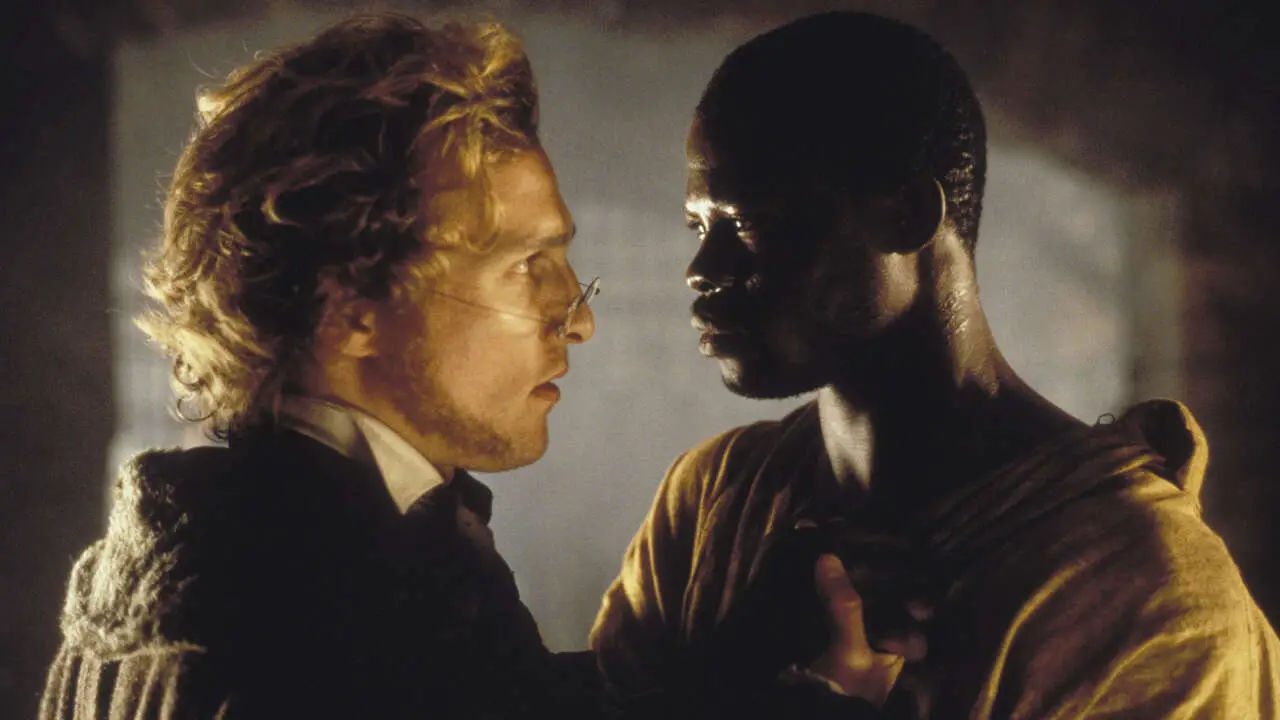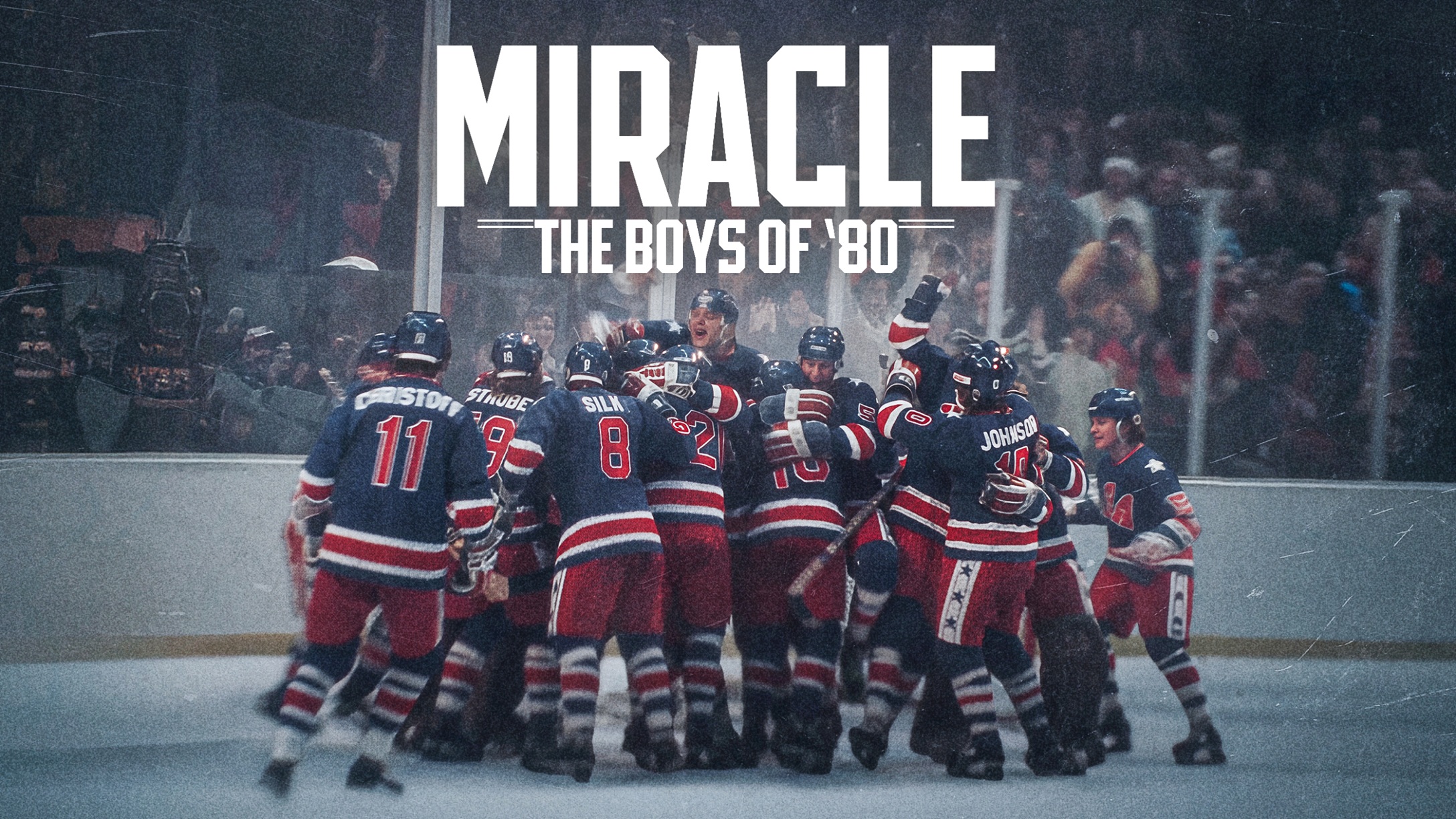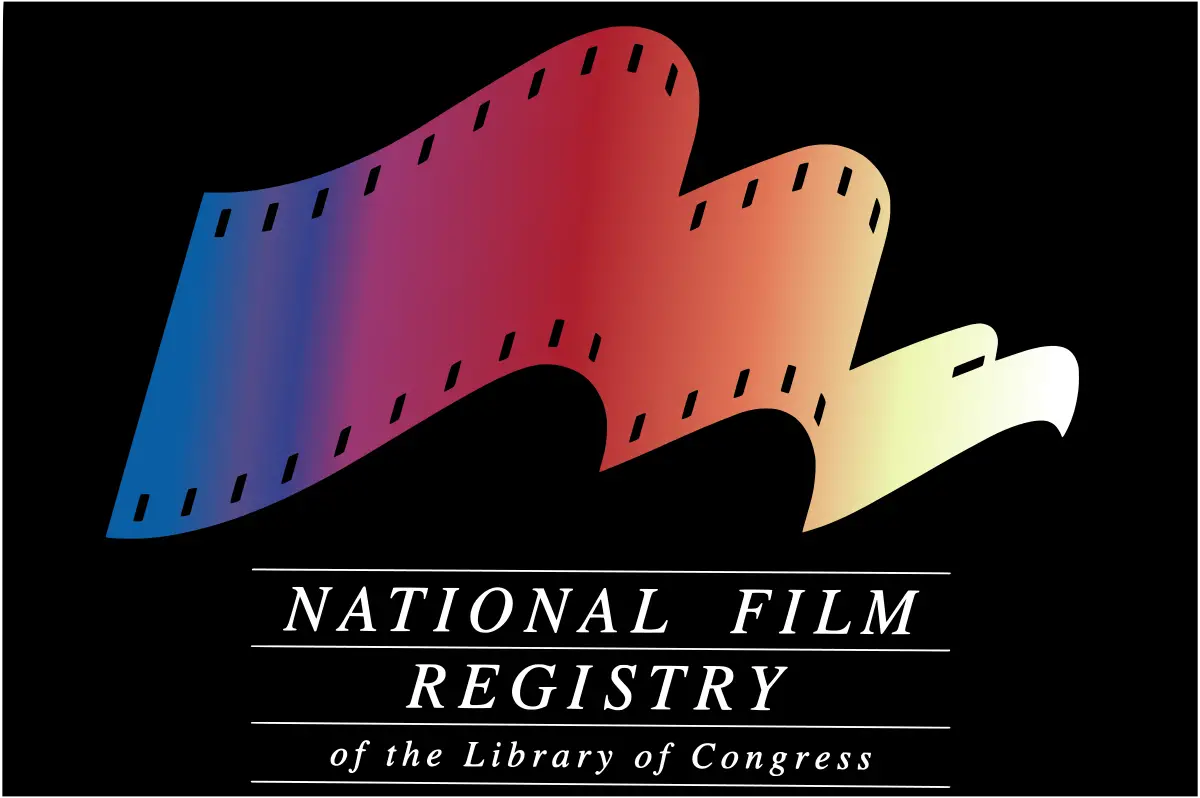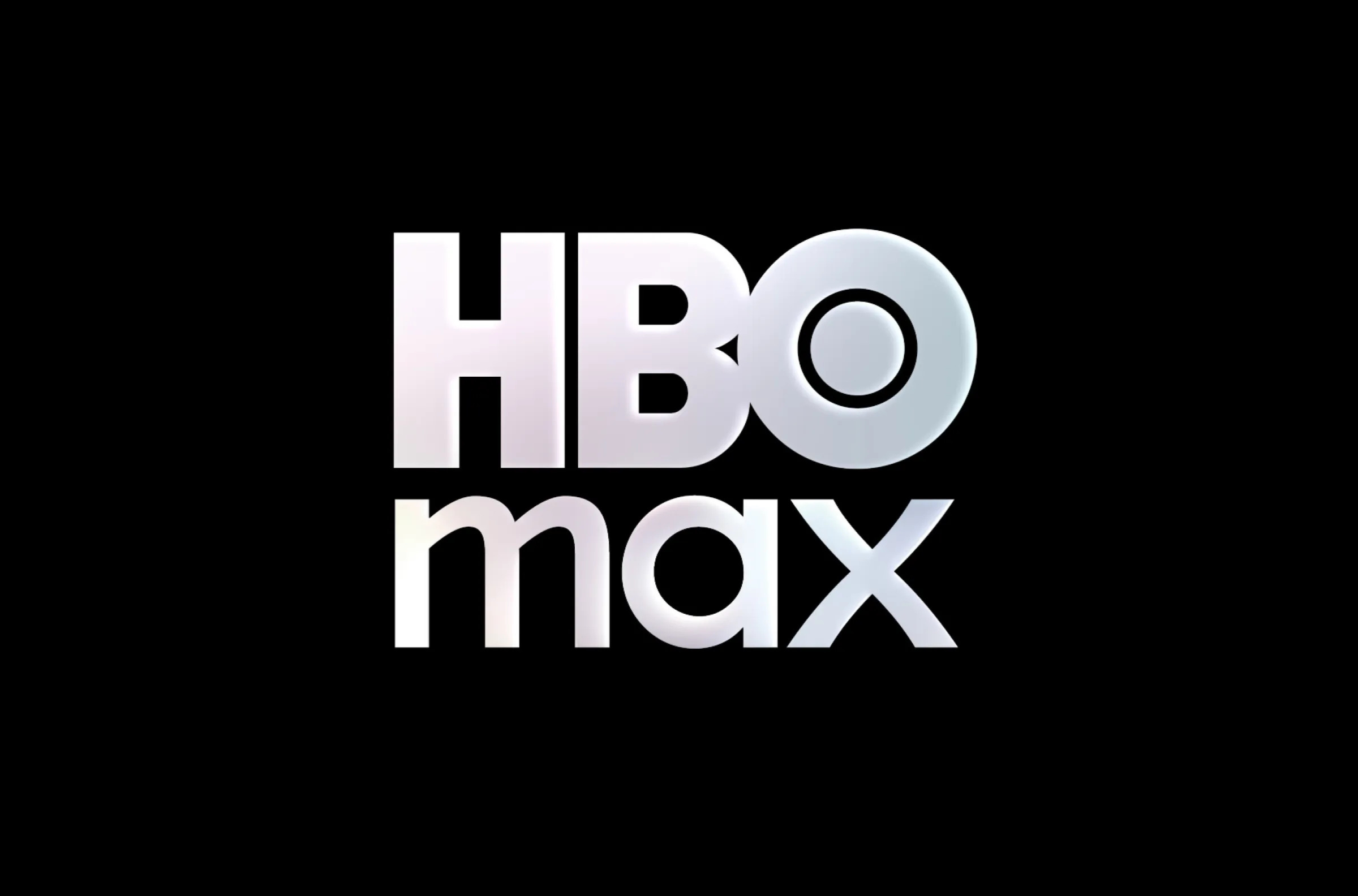
Based on the true events about Spanish slave ship La Amistad, Amistad marks the 25th anniversary of its theatrical release in 1997.
For the second time in a few years, Steven Spielberg followed a summer blockbuster with a serious period picture. Funny enough, both action films were installments of the Jurassic Park franchise. Two stars from The Lost World: Jurassic Park would make their way into this film: Pete Postlethwaite and Arliss Howard as William S. Holabird and John C. Calhoun, respectively.
After watching Schindler’s List, producer Debbie Allen felt Steven Spielberg would understand the importance of the Amistad story. It is a historical story and we ought to see the truth on screen. Personally, I would not have known about the case without the film although I was familiar with the Dred Scott decision from school. I do not recall La Amistad being mentioned in schoolbooks while growing up. This is what we mean when we talk about the power of film. Are there historical inaccuracies? Oh, certainly. Try as one might, they are always inevitable in a period picture.
If you’re not familiar, Mende tribesmen were adducted from their homes in Sierra Leone and taken to Cuba. It was in Cuba where they were sold from the Portuguese to the Spanish. As we learn early on, multiple people claim ownership to the tribesmen but everything comes down to where they were born in the eyes of American law. We experience the Amistad Africans mainly through a number of people but Sengbe Pieh/Joseph Cinqué (Djimon Hounsou) in particular.
United States Attorney William S. Holabird (Pete Postlethwaite) wishes to charge the Amistad Africans with piracy and murder. Almost as soon as he brings these charges forward, Pedro Montes (John Ortiz) and Jose Ruiz (Geno Silva) claim them as property. Meanwhile, two Washington officers claim them as salvage. If this isn’t enough, Queen Isabella II of Spain (Anna Paquin) decides to intervene under the Treaty of San Lorenzo. President Martin Van Buren (Nigel Hawthorne) instructs slaveholder and Secretary of State John Forsyth (David Paymer) to do everything possible in support of the Queen’s claim. Meanwhile, Lewis Tappan (Stellan Skarsgård) and Theodore Joadson (Morgan Freeman) work to free them. Finally, they find representation in the form of future Connecticut Governor Roger Sherman Baldwin (Matthew McConaughey).
It was inevitable that former president and then-Congressman John Quincy Adams (Anthony Hopkins) would find his way towards the case. Not initially but sooner than later. Adams delivers a moving monologue while addressing the Supreme Court on their behalf in a case pitting him against President Van Buren. To say that the case is a showdown between presidents would not be an understatement. All in all, the case–when read as a whole–is less about American slavery in as much as it is the already-illegal Atlantic slave trade. That’s not to say that it wouldn’t lead for an increase in the push for abolition.
During the film’s epilogue, we see British Navy Captain Fitzgerald (Peter Firth) leading the Royal Marines in the storming of Lomboko and its subsequent destruction. Martin Van Buren ends up losing in defeat to William Henry Harrison–prior to the case going to the Supreme Court. Queen Isabella and the Spanish government would never stop asking for their compensation. The requests would end with the start of the American Civil War. Finally, Cinqué returns to Africa only to find that his family is no longer there.
Spielberg and company turn to Boston to recreate 1839 Washington. In terms of the production design, Rick Carter and company do a solid job in this regard. Ruth E. Carter’s costume design would earn her another Oscar nomination. As for the maestro, John Williams delivers another memorable theme in his score for the film. Janusz Kamiński beautifully lenses the film, which also depicts the horrors of the slave trade–especially the Middle Passage.
There are some things that the film gets wrong–presidents did not campaign in 1840 and certainly not by train. Was anyone thinking about the Civil War or was this a case of tying in the case to the later war? It’s quite possible as the Compromise of 1850 was looming a decade down the road. Meanwhile, Theodore Joadson appears to be an invention for the film. In my research of the Amistad case, I can find no mention of him. There is no denying that there were Black people like James Forten pushing for abolition. In fact, Joadson was a composite of “David Walker, Henry Highland Garnet and, especially, James Forten, an entrepreneur and inventor” per the LA Times. Interestingly enough, Forten was friends with Glory‘s Robert Gould Shaw.
When it comes to the Africans speaking, we rarely see subtitles. While I might have thought something of it upon my initial viewing in the late 1990s, Spielberg made a similar decision with 2021’s West Side Story. However, many lines do get translated in English by an interpreter, Ensign James Covey (Chiwetel Ejiofor), once lawyers are involved.
An argument can be made about whether or not Steven Spielberg is the right filmmaker to be telling this story. Regardless, what happened to La Amistad is something that everyone should know. The case had a tremendous impact on American history, leading William Henry Harrison to defeat President Martin Van Buren, and down the road, the Civil War. When it comes to American history, the Civil War was always going to happen because the framers opted for the 3/5 compromise. Further compromises and federal bills would follow including the Compromise of 1850 and the Kansas-Nebraska Act (1854). The South would not stand for Lincoln’s opposition to slavery and seceded in 1861, leading to the start of the Civil War.
I’m not going to argue against the fact that this film features a white savior narrative. At the same time, there is no way to tell this story without the inclusion of Adams, Baldwin, and Tappan. Without them, who knows what might have happened. That being said, if someone wants to learn more, I would definitely look into reading Mutiny on the Amistad: The Saga of a Slave Revolt and Its Impact on American Abolition, Law, and Diplomacy by Howard Jones or the following review on the book. While Amistad might make for a solid courtroom drama, the linked review adds so much more.
Whether or not Steven Spielberg is the right filmmaker for the job, Amistad tells an important story in not just American but world history. It’s not lost on me that the same white people who fought for the Amistad Africans to be free did nothing for the Creole revolt. How is that for an insult?!? The Creole revolt is similar in that it involves slaves who mutinied in route from Virginia to Louisiana. After rising up, they diverted the ship to the Bahamas. The British refused to return them because it could lead to a revolt. People should know their story, too.
DIRECTOR: Steven Spielberg
SCREENWRITER: David Franzoni
CAST: Morgan Freeman, Nigel Hawthorne, Anthony Hopkins, Djimon Hounsou, Matthew McConaughey, David Paymer, Pete Postlethwaite, Stellan Skarsgård
DreamWorks released Amistad in theaters on December 25, 1997. Grade: 3.5/5
Please subscribe to Solzy at the Movies on Substack.






